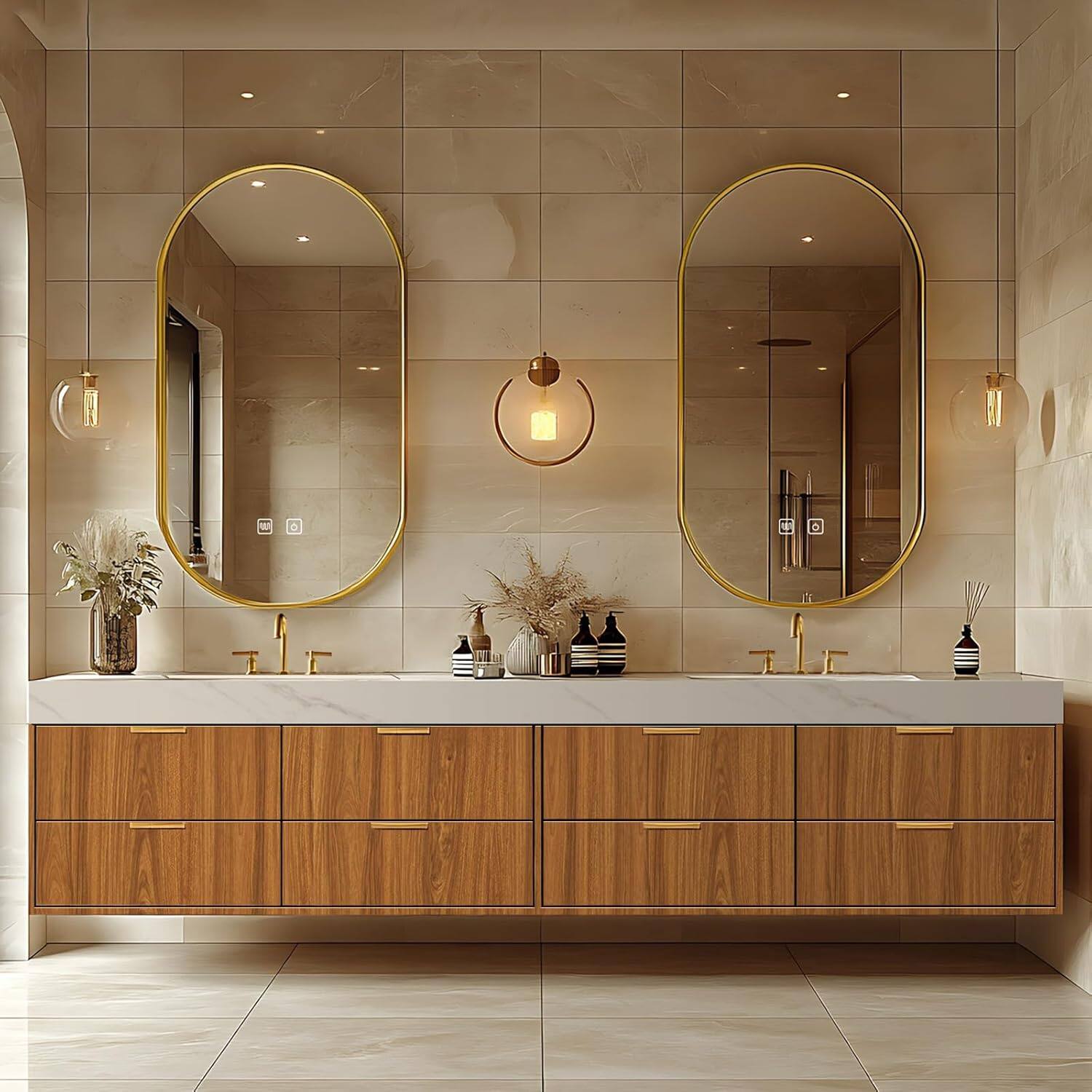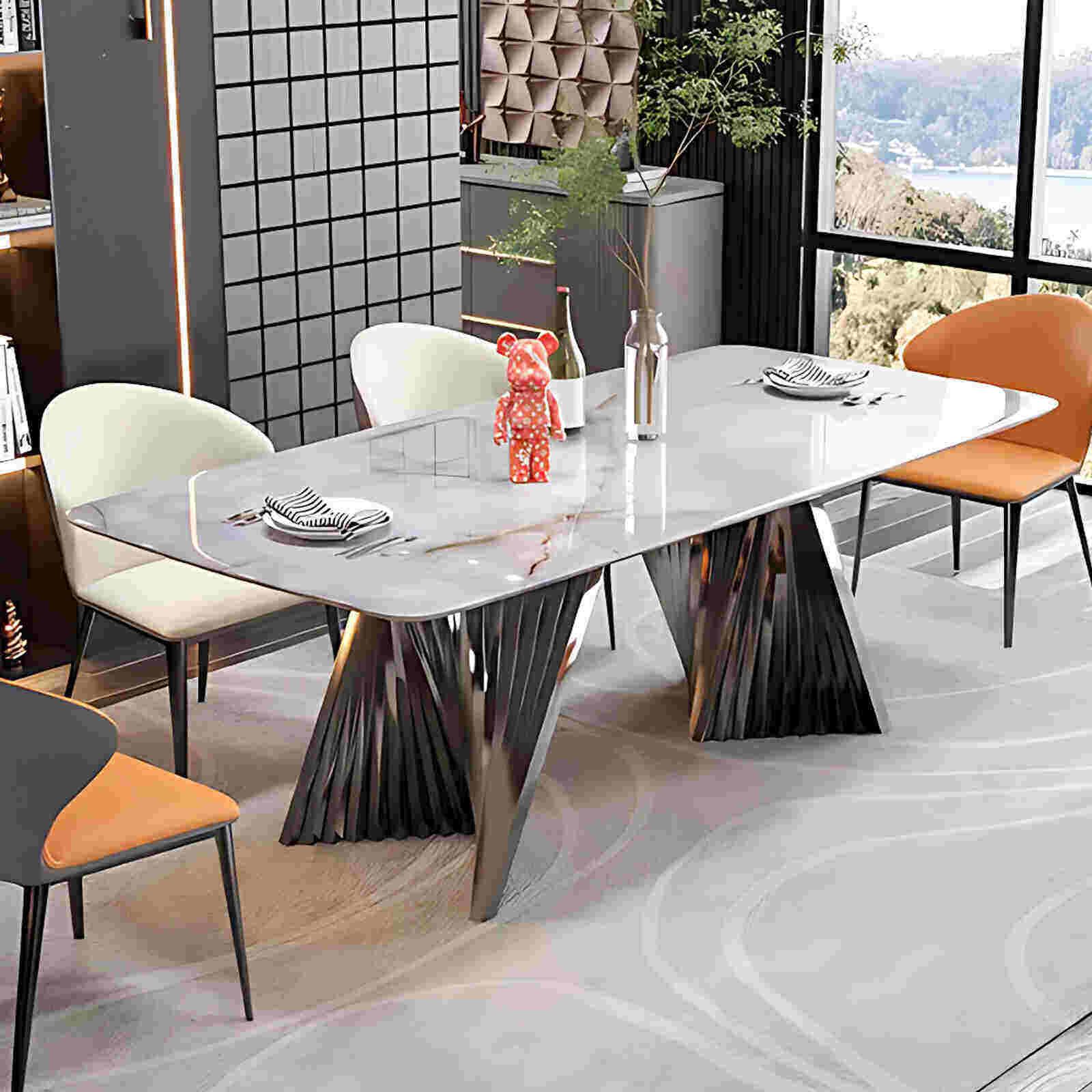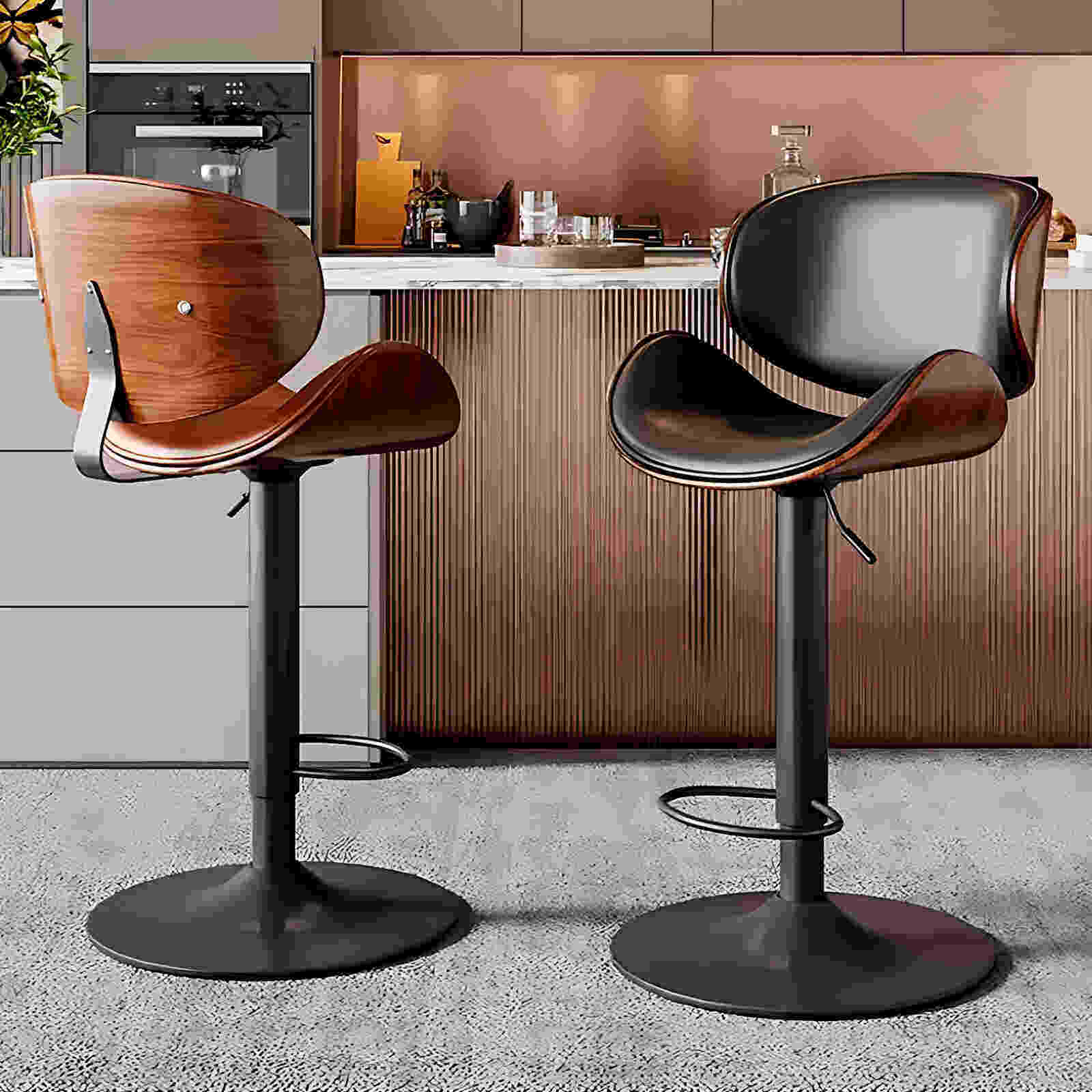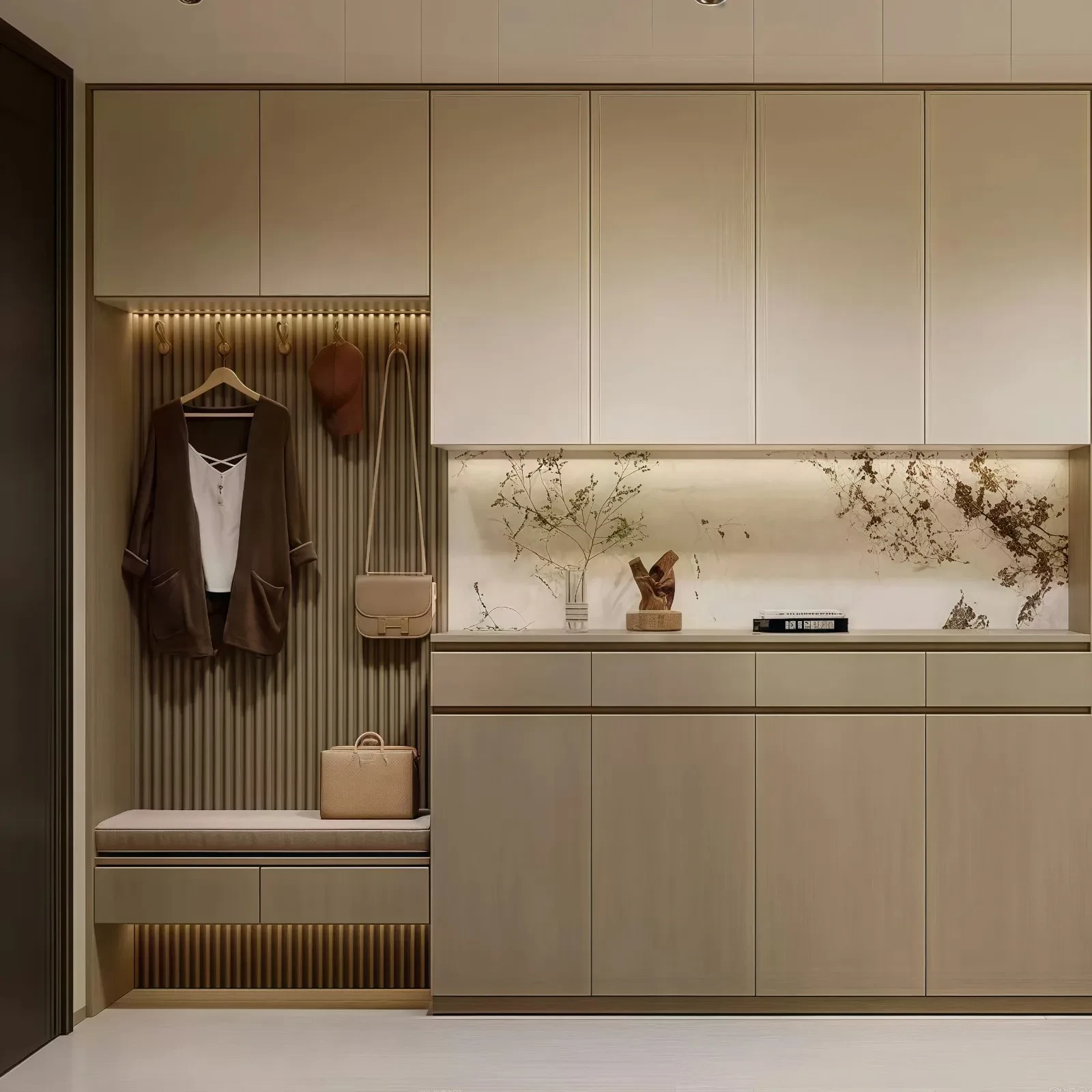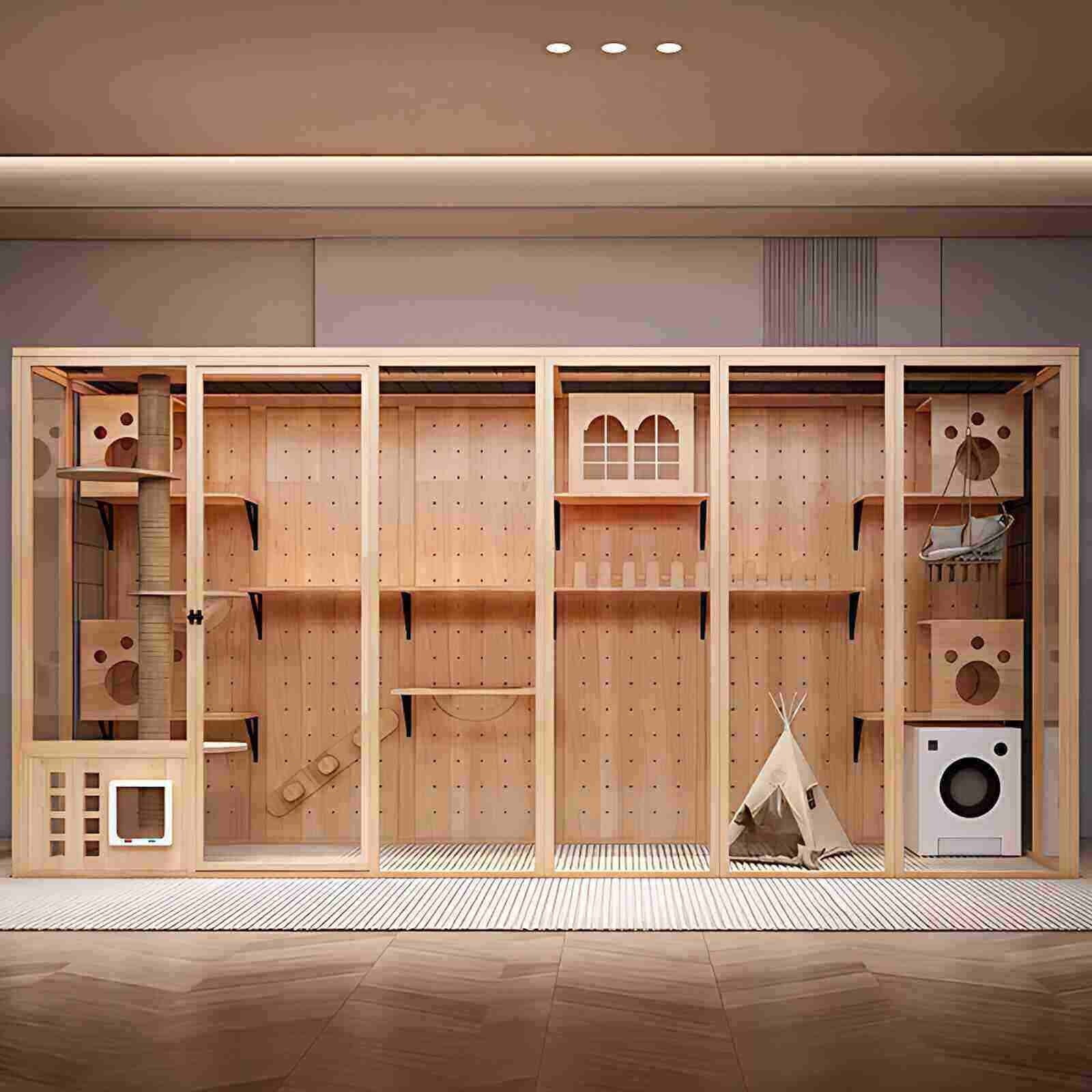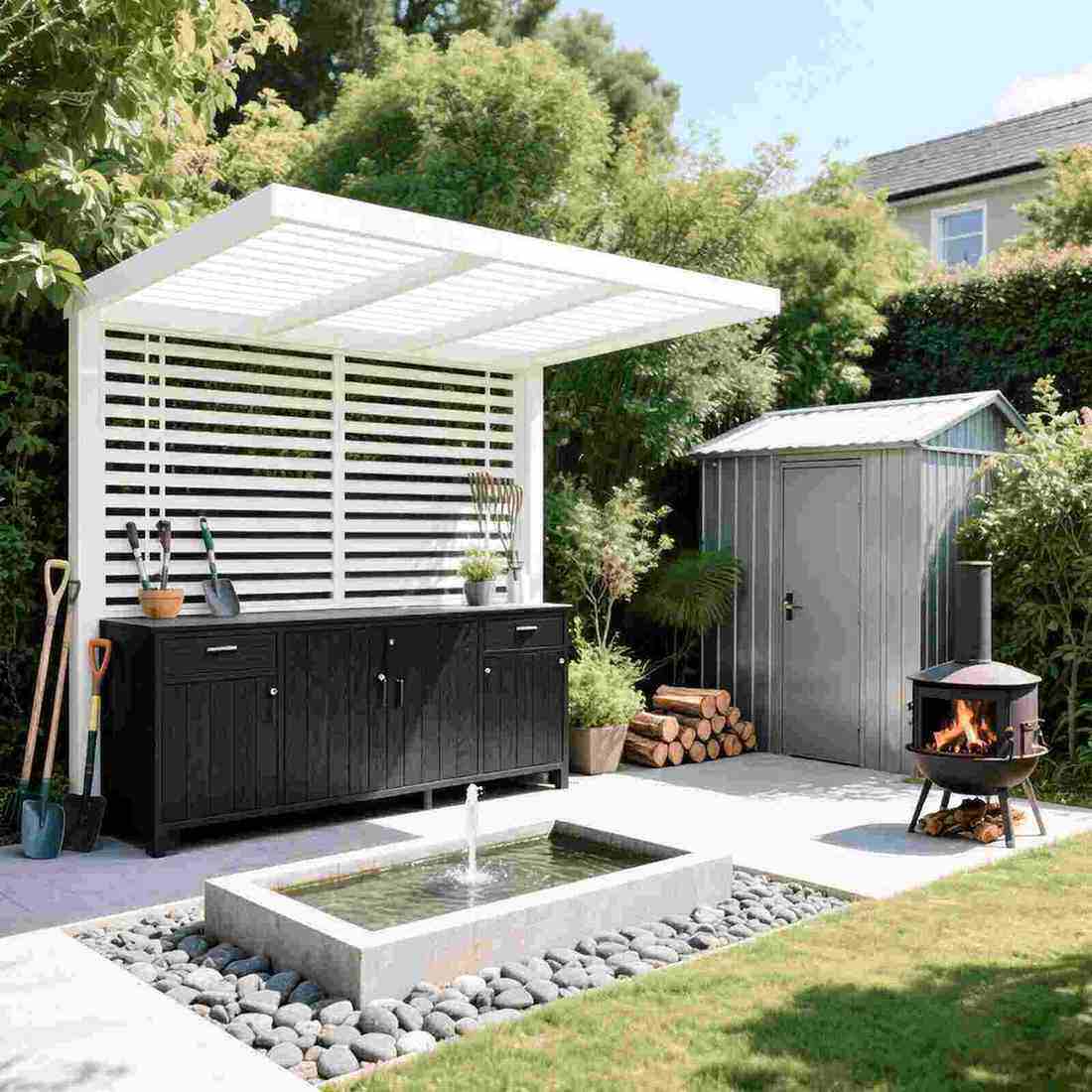If we have to give a style definition to the garden of Pastoral, I think this should be the closest to the English natural garden that all gardeners yearn for, which is completely in line with the advocacy of English natural gardens: a natural landscape garden dominated by natural, durable, cold-resistant plants and native plants.
We have always emphasized that the concept of the skeleton of the garden is very important. All gardens must first have an infrastructure, which is the skeleton of the garden. It is generally composed of hard landscape, large trees, shrubs, hedges, etc., which means that in the cold winter, after the flat effect of the garden disappears, the remaining outline is the kindling of the beautiful scenery in the coming year.
The rose garden of Pastoral uses tall fruit trees (jujube, sand fruit, peach, cherry, mountain red, etc.) and some landscape trees as the main skeleton to create the height of the garden, uses roses as hedges to create the boundaries of the garden, and uses a Chinese-style corridor pavilion and a small bridge and flowing water as the main garden buildings, so that the entire basic structure of the garden is built. Even in Liaoning, where the coldest temperature is minus 28 degrees Celsius, this courtyard still stands proudly in the snow. The gardener brews tea in the pavilion and enjoys the snow, watching the fiery red flamingos walking in the snow, looking forward to the garden full of colors next year.
Although due to climate reasons, many flower lovers cannot have a pure English natural garden. But gardening is not a fixed formula, and the English mixed flower mirror is a good direction for all gardeners.
What kind of flower mirror is called an English mixed flower mirror? There is such a description in "The Vision of Heaven": The essence of the colorful and gorgeous British garden lies in the rich and diverse plants---flowering shrubs, perennial herbs, herbaceous plants, annual plants, bulbous plants, wild flowers, and ground cover plants.
The richness of plant species in the garden of Pastoral Song far exceeds the understanding of many gardeners about plants. This is a rose garden, and the protagonist plant is, of course, the No. 1 English garden---rose. The rose flowering period in the north always comes later, and it begins to bloom gradually in May every year, which is almost a month later than the southern cities. According to a rough calculation by Pastoral, there are about 100 kinds of roses in this rose garden, including a wealth of vines and shrubs, as well as potted micro-moons.
How roses survive the winter has always been the most pressing issue for flower lovers in the north. The natural roses in Dalian mentioned above are at minus 20 degrees Celsius, and they can survive the winter without protection by planting them in a leeward and sunny place. However, Pastoral said that in his garden, ground-planted roses will still be covered with straw mats for winter protection, mainly to prevent the cold wind from drying out the branches. As for the more than 40 potted roses, they will be moved to a house without heating, with a temperature of about 7-9 degrees.
For roses in summer, the most tormenting thing for gardeners is actually various bacterial infections. Pastoral revealed to me some experience in summer roses. First of all, in winter, the garden should be cleaned at least three times, especially the edges and corners, all of which should be sprayed in place, and strictly diluted according to the concentration of 50-100 times, which can effectively reduce many bacteria in the garden. Second, in the daily maintenance process in summer, it is best to water in the morning, and be careful not to spray the leaves when watering, because watering at night cannot evaporate on the leaves, and tossing a few times will cause black spots and fallen leaves. Third, in the daily maintenance process, you can use Dai Meng Zinc Sen for prevention, spray once every ten days, and also spray after rain. Healthy leaves will make the rose grow more vigorously.
The recommended base fertilizer for roses is mainly organic fertilizer or organic compound fertilizer. Because organic fertilizer contains rich minerals, it can make the plant root system healthier. Although the black soil in the north is already very fertile, a large amount of organic sheep manure will still be used for blooming. At the end of October every year, when the temperature is already very cold, it is necessary to start burying a large amount of fully fermented sheep manure as base fertilizer, water thoroughly, and start protecting it for the winter. After removing the protection in the spring, a layer of organic compound fertilizer will be sprinkled on the topsoil around the plant roots (especially organic compound fertilizer with polyaminopeptides added to improve the soil quality), and blooming is just around the corner. Why use organic compound fertilizer? Because the nutrients needed for roses to bloom cannot be met by sheep manure, Huaduoduo, and slow-release fertilizers.
In addition to the pine and cypress foliage trees that are very suitable for the north, there is no foliage herb more suitable for the north than hosta. Although the alumn root is very cold-resistant, it is still in danger of freezing to death in the gardener's garden. But the hosta will not, it will only increase in number. In a few years, there will be more than 1,200 hostas in the backyard of Pastoral.
Of course, it is far from enough to make a northern garden with only a short period of plant growth. More rich plants are needed to make the short spring and summer more colorful. Therefore, the garden of Pastoral is a plant model space.
Perennial bulb plants: large-flowered daylilies, irises, lilies, astilbe, hoof fern, hosta, etc. These plants will disappear in winter, but once the winter snow is digested, they will drill out of the soil again, and more and more.
Annual herbs: Glorious Years, Dwarf Cattle, Dicentra, Viola, Margarita, etc.; There is no need to worry about the death of these plants. Just buy new seedlings in May every year. The bright and beautiful flowers are the most beautiful part of the garden. Although they are discarded in season, at least there is no need to worry about summering like the southern garden.
Perennial herbs: Rudbeckia, Echinacea, Perennial Phlox, Dianthus, Funnel, Veronica, Alpine Aster (Dutch Chrysanthemum), Viola, Blue Wool (minus 25 degrees) Ajuga, Fern, Variegated Oat Grass, Canna, etc.; These perennials can protect the gardener's wallet very well, because every year, they will come as promised with the gardener, and it is worth buying!
The pastoral garden not only adopts lush planting methods and complex layered planting, but also makes full use of vines and container cultivation. There are many kinds of flowering plants, which make a northern garden bloom with amazing brilliance in the short, warm days.

 USD
USD
 GBP
GBP
 EUR
EUR






